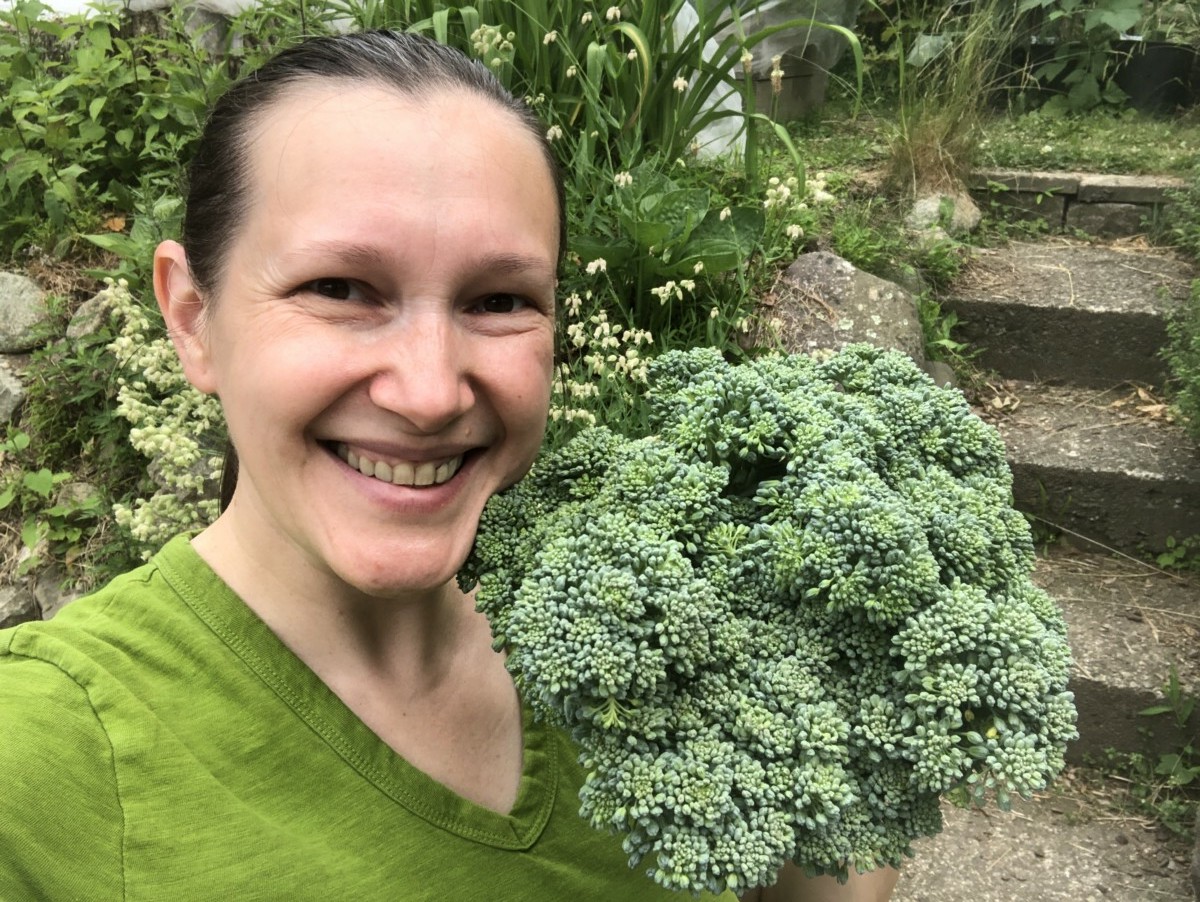
Welcome to Pantry-Stocking Garden!
If you want to have a successful-meaning-FRUITFUL garden, then look up to the successful gardeners in your local area who know what they are doing and they are doing it well. These precious people know what works and what does not work IN YOUR LOCAL AREA. That is because there are many factors YOUR local area deals with like microclimate (local gusty winds, local surprise frosts, local heavy or no rains, etc), local pests, weather temperature, and temperament, to name a few. For example, growing methods and how-tos from gardeners in other states that share your growing zone might not work for YOUR local area AT ALL! Their methods might be awesome for THEIR local area but not for YOURS. For example, there are many Zone 6 that do not have to fight rodents like chipmunks, black bears and deer, raccoons, and other local pests we fight just to ensure our hard work is not destroyed or eaten by them. It is one thing to grow food, but a completely different thing to protect it. You need to be ready not only to grow vegetables and fruit in OUR area, but you also need to be ready to protect it as it grows and ripen.
I encounter endless neighbors who don’t grow a vegetable garden, or even a flower garden because they KNOW it will be destroyed or eaten by deer or chipmunks. They are frightened to put all that effort and money just to have it all taken away overnight by small and large pests. However, local home gardeners know how to fight those pests successfully. That being said, I grow cabbage, broccoli, and cauliflower, those are my must crops that I enjoy growing. For others, these crops are ‘the dreaded’ crops that get eaten by cabbage moths, slugs, and other pests you can’t even see with your eyes open. The key is that I KNOW how to protect my crops in my LOCAL AREA, that is why I have success growing them. I can teach you, show you how to grow these in OUR LOCAL AREA.
You can watch plenty of videos of gardeners all over your growing zone or even all over your state, but if they don’t have the same pests to fight as you do, their advice will be almost useless to you, because they don’t have to deal with what you have to deal with every single day in OUR local area. However, there is a way to grow those ‘dreaded’ crops in our local North New Jersey. I am growing them; I am protecting them correctly because I have been perfecting my vegetable gardening art for years and have figured out how to grow and protect them from seed to harvest. I can teach you that! You can learn! There is NO SECRET to it, it is all in 1. observation, 2. doing, and 3. adjusting to the needs of your garden. If I can do it, you can do it too.
I am a local North New Jersey gardener, I use no fancy stuff to grow vegetables and fruit, I use no fancy words, no fancy tools, and no fancy techniques, or fancy gadgets. The simpler, the easier, the better. I use common sense applied in my gardening, learn through error and trial, and always look for ways to make gardening easier to unload unnecessary and unproductive workloads.
I garden because I LOVE IT! I started a garden to teach my children where the food comes from, to pass down the knowledge and legacy. I want them to know the value of food and honest work, to teach them that nothing grows without effort, and to use their own common-sense thinking in everything in life. Vegetable gardening is very rewarding, it is hard work and it is enormous fun! It is a whole-body exercise and keeps your mind sharp! It keeps you in fresh air all day long. It teaches you to plan, how to keep things alive, responsibilities, that timing is crucial, that things you work for are extra precious, teaches you values, and that each life is precious and demands effort put into it. Also, it’s a therapy, it cleanses your mind, sorts your thoughts, provides time to think and pray, it keeps you productive while you listen to the word of God, or while you are being mentored. It provides space to grieve, admire God’s creation, and participate in it, it is a process to experience awe as you reap your harvest after all that effort put into it. It’s very rewarding and it is a must-have life skill to me. Once you grow something on your own from seed to harvest, you look at food and life differently.

